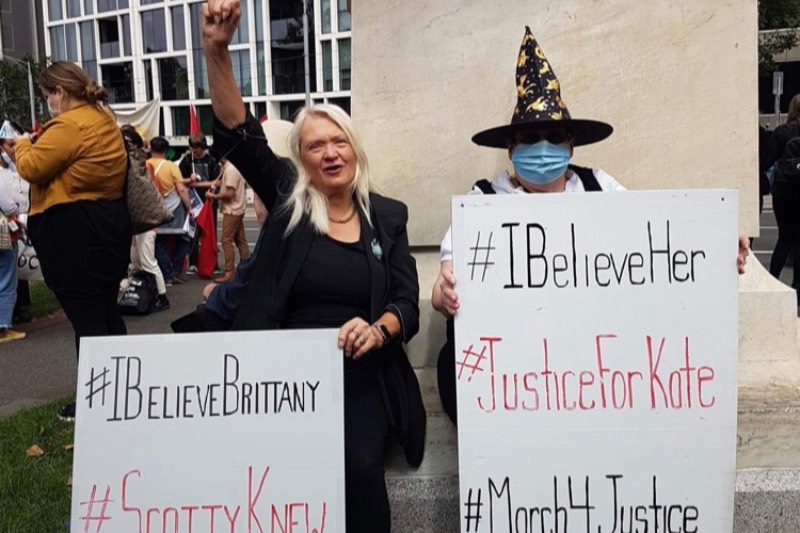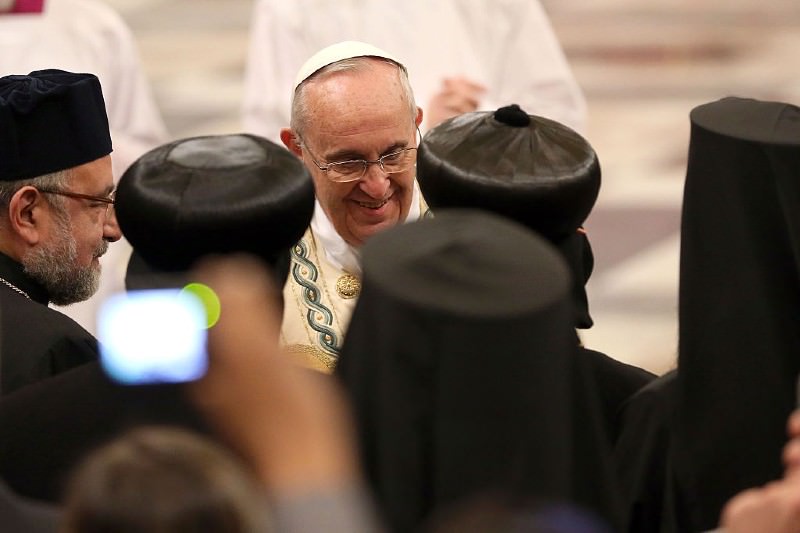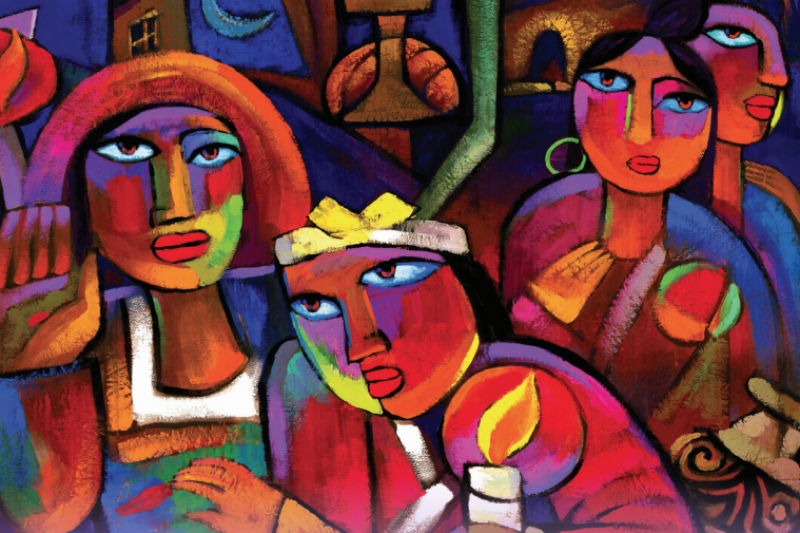Keywords: Sexual Abuse Crisis
-

RELIGION
- Gideon Goosen
- 23 September 2021
60 Comments
The Final Report of the Royal Commission into Institutional Responses to Child Sexual Abuse identified clericalism as a significant contributor to abuse across religious institutions Australia-wide. Clericalism is rooted in a theological belief that the clergy are different to the laity, having undergone an ‘ontological change’ at ordination, and feeds the notion that the clergy may not be challenged. And according to the report, the culture of clericalism is on the rise in seminaries in Australia.
READ MORE 
-

RELIGION
- Andrew Hamilton
- 12 August 2021
67 Comments
Among Australian Catholics the Plenary Council and the preparations for the Synod in Rome on Synodality have aroused hope and stirred scepticism. It is clear that a Church diminishing in numbers of participants in its public life and in its financial resources, and discouraged by the extent of child abuse by its officers, must find new ways. But that the processes of the Council and the Synod will spark fresh energy for change is not a given.
READ MORE 
-

INTERNATIONAL
- Andrew Hamilton
- 15 April 2021
4 Comments
The parallels with our own times of the events of Black Friday in 1921, with its movement from a time of heavy social spending and the flowering of social capital to a time of recovery, and the fateful choices that are made at such times, are evident. We await the results of the economic choices being made by government and their effects on community and solidarity.
READ MORE 
-

AUSTRALIA
- Barry Gittins
- 01 April 2021
11 Comments
We don’t want to admit the truth of who we are as a nation: there are Australians who are violent toward the people they say they love the most. Living among us are those who take what they want, out of entitlement, privilege and the naked use of power.
READ MORE 
-

RELIGION
- John Warhurst
- 25 March 2021
108 Comments
Continuing the Journey, the working document (or instrumentum laboris), is another stepping stone towards the Plenary Council (PC). How you view this document, provided explicitly both to those few hundred called to be PC participants and to the whole Catholic community, depends very much on your expectations.
READ MORE 
-

AUSTRALIA
- Fernanda Fain-Binda
- 18 March 2021
7 Comments
There were more than 5,000 people at Treasury Gardens. Across Australia, there were 40 marches from Adelaide to Wagga Wagga. All in, 100,000 people were involved either in person or signing a petition demanding change and accountability. It may be the biggest uprising of women that this country has seen, and it happened quickly.
READ MORE 
-

MEDIA
- Peter Donnan
- 19 November 2020
66 Comments
Author Gideon Goosen estimates the percentage of those involved in reform groups in Australia is 5 per cent or less. Given the passivity of the laity, his view is that reform proponents should seek to engage the 40 to 45 per cent who might change their thinking. What forums or media, with sufficient audience reach and influence, facilitate respectful discussion of change in the Catholic Church?
READ MORE 
-

AUSTRALIA
- Tim Robertson
- 05 November 2020
Bosses give any number of reasons, often focused on some vaguely defined notion of productivity, why they do or don’t support remote working, but ultimately it comes down to a single, fundamental question: what is the ideal balance between reducing expenditure and surveilling workers?
READ MORE 
-

RELIGION
- Andrew Hamilton
- 04 June 2020
19 Comments
With churches closed throughout much of the world, many events and dedicated weeks have passed us by. One of those weeks was the Week of Prayer for Christian Unity. Catholics who paid attention to Pope Francis’ engagements may have noticed it through his references to the 25th anniversary of Pope John Paul’s Encyclical on Christian Unity, Ut Unum Sint.
READ MORE 
-

AUSTRALIA
- Felicity Rorke
- 14 February 2020
4 Comments
The Royal Commission into Family Violence conducted by the Victorian Government in 2015, told many of us what we fundamentally already knew — that family violence is a widespread issue for many women across this state, and that our services, systems, institutions and communities are not doing enough to effectively support victim survivors.
READ MORE 
-

RELIGION
- Paul Collins
- 04 September 2019
42 Comments
Anyone in the past who called attention to these issues was accused at best of exaggeration'. Getting Back on Mission points out that until the church accepts good governance characterised by accountability, transparency, inclusion and a recognition of the equality of women, it will continue its culture of clericalism and secrecy.
READ MORE 
-

AUSTRALIA
- Meg Mundell
- 21 August 2019
8 Comments
If you're not burdened by a conscience, it's a perfect get-rich-quick scheme: offer 'garrison' services to governments reluctant to get their hands dirty. Ensure the vulnerable people you 'manage' are hidden, demonised by politicians and right-wing commentators. Hire cheap labour, minimise your tax, and make millions.
READ MORE 